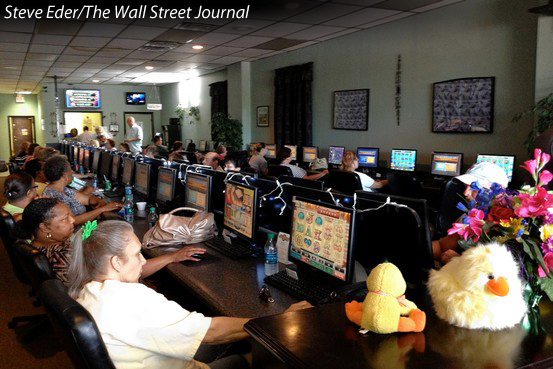 Ever since UIEGA passed in 2006, iGaming operators, politicians, players, lobbyists and various naysayers have been embroiled in the battle regarding legal online gambling.
Ever since UIEGA passed in 2006, iGaming operators, politicians, players, lobbyists and various naysayers have been embroiled in the battle regarding legal online gambling.
For so long the false dawns, cul de sacs and drawbacks made it look like a win would never be chalked up on the side of the liberal. Articles written about the new age of online gambling in the US failed to proceed past the hard drives of their authors just as New Jersey’s online gambling bills never moved past Governor Chris Christie’s desk.
But finally a win came in Nevada. Known as it is for its open attitude to gambling; from far away it will have looked like the obvious state to move first. But for those who have followed the processes country-wide, this was far from an open and closed case.
Less than a week into legal online gambling and the decision to make it so is already on its way to being vindicated. It took less than three days for Ultimate Poker, the first site to legally deal an online poker hand in Nevada, to deal its 100,000th hand. Having dealt its first hand at 09:00am PT on Tuesday March 30th, the site’s owners, Ultimate Poker and Station Casinos will be looking forward to many more thousands.
Given these initial results and a desperate need for state governments to raise money from somewhere, the length of time it took to get regulated gaming in is even more frustrating. Those that are ideologically opposed to gambling are seeing more weight being added to the argument that the positives vastly outweigh any negatives of providing people with the freedom to play poker online.
But the reason behind the delay in legalising online iGaming wasn’t always just the opposition, it was simply the process. But now that that process has been completed in the fine state of Nevada, a blueprint has been laid out for other states to follow, right? The many other pieces in the US iGaming puzzle should simply fall into place? Unlikely.
Without the hard work of lobbyists and sympathetic politicians, many of whom aren’t even interested in playing poker themselves (or earning votes), we simply wouldn’t have any legal online gambling in the US right now. And with the US political system being the way it is, you don’t get very far unless you have the money that makes your opinion valid in the eyes of those that matter.
Figures now available from the US Office of the Clerk show that the opinions favouring regulated online gambling may be much harder to hear this year. Having spent $804,000 per quarter on internet gambling lobbying during the 112th congress Caesars Entertainment have spent just $262,000 in the first four months of 2013.
Caesars aren’t alone in their stepping down of lobbying either. The Poker Players Alliance spent $302,000 per quarter in 2012 but just $75,000 in Q1 of 2013. These decreases, plus a drop from $160,000 per quarter to $140,000 by Pokerstars (under the guise of Rational Entertainment) is going to leave a sizeable dent in the number of mouthpieces for online poker.
The spend of those pushing for legalisation of online gaming has traditionally been far bigger than opponents. While this will still be the case, the gap has narrowed considerably meaning that the outspoken few in opposition to online gambling will be heard more.
It’s not like a decrease in lobbying is a trend across all sectors either. Facebook, Apple, eBay and Amazon were among the companies to up their lobbying efforts. These are worrying statistics and are sure to make the early effects of Nevada’s regulation even more important for the potential online poker industry in the US.
Near Misses and Never Beens
With 19 different poker related bills currently on the table across America. The chance of widespread online poker regulation is promising. But given the fact that the two states which have already passed similar legislation already have large gambling industry ties, other state politicians will view the legislation with more suspicion.
From Pennsylvania Democratic State Rep. Tina Davis’ recent strong statements to the death of Iowa’s refined poker-only bill, there are no shortages of states trying to get things done. But the indifference of the general population who don’t appreciate the financial benefits for the state is vastly outweighing the enthusiasm of those who continue to call for more internet freedoms. This decrease in online gambling lobbying, an amount initially estimated to be around 40% by Gambling Compliance’s Chris Krafcik, will only serve to make things harder.
Unfortunately for those with a vested interest, there are also many other states where online poker is simply not an issue anymore. As for any other form of online gambling outside of that, the relevant legislation is bound to remain a trickle rather than the full flow that some had hoped for.






